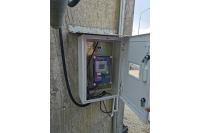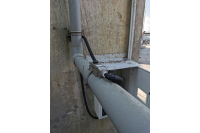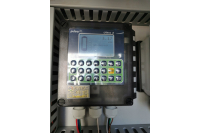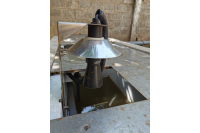Complete Flow Measurement Solutions for Cat Lo Fishing Port
The Cat Lo Vung Tau Fishing Port is a Class II fishing port based in Vietnam and includes fisheries services like ice, fuel, fresh water, food, foodstuffs, warehouse rental for supplies, goods, and mechanical services. Once a fishing boat arrives in the port, they have a certain time frame to get fish unloaded, sorted, and processed. Many seafood trading companies that use Cat Lo Fishing Port will have seafood processing factories close by.
Fish processing is a water-intensive industry, with process water used for washing fish, cleaning process areas, cooling, and production purposes. As a result, large quantities of wastewater are generated through activities such as fish unloading, equipment sprays, offal transportation, and facility cleaning. This wastewater is typically discharged into local bodies of water or municipal sewers. The fish processing effluents that come from this process can be toxic to fish and other aquatic organisms.
Monitoring for Compliance
Fish processing activities are subject to monitoring and possible enforcement action to ensure that they meet emission standards and environmental objectives for good ecological and chemical status. A seafood processing plant near the Cat Lo Fishing port required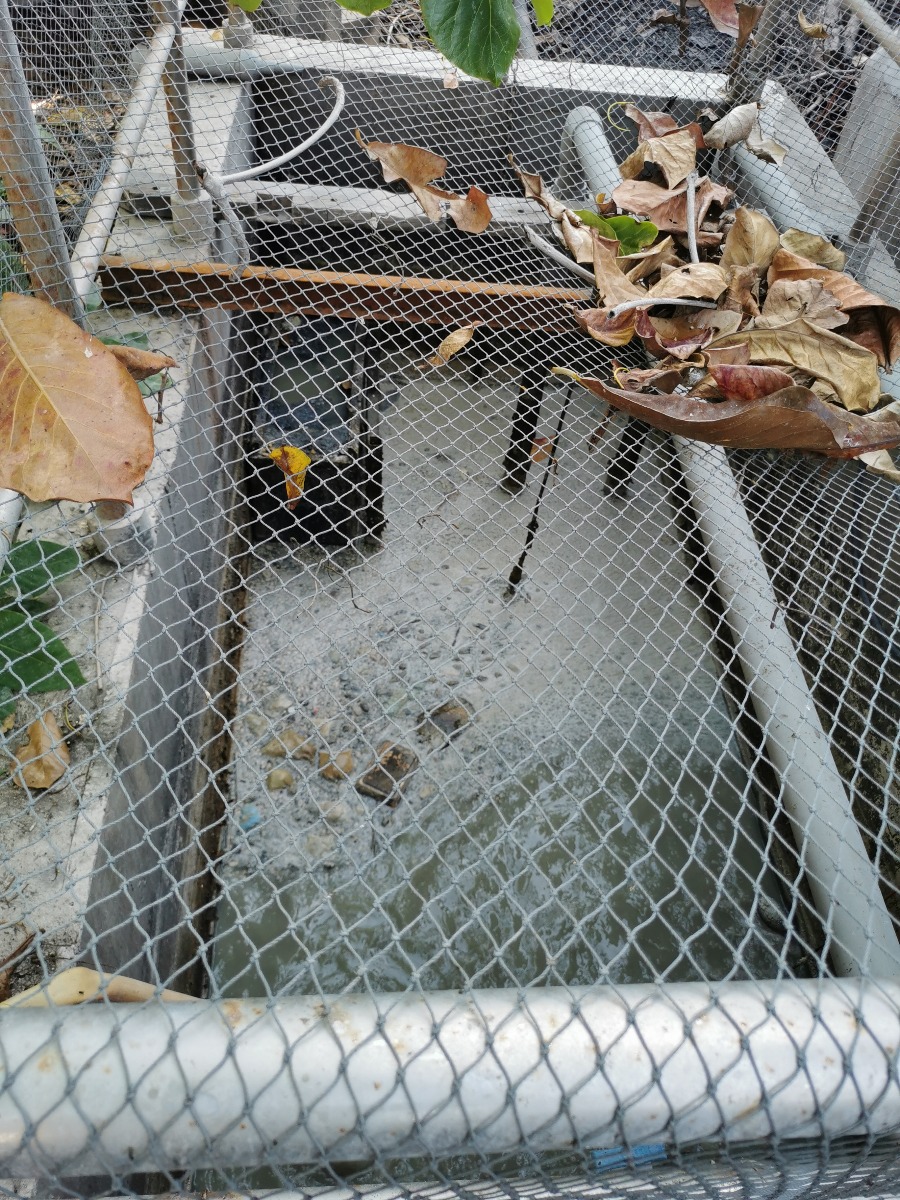 instrumentation to not only monitor the influent of their processing plant to see how much water was coming into the plant but also the effluent so they could monitor their discharge rates to ensure everything was running smoothly.
instrumentation to not only monitor the influent of their processing plant to see how much water was coming into the plant but also the effluent so they could monitor their discharge rates to ensure everything was running smoothly.
Influent Monitoring with the DFM 6.1
For the influent monitoring application, TVA Technical Co Ltd a Pulsar Measurement partner in Vietnam, suggested the DFM 6.1 Doppler Flow Meter. Influent at seafood process plants tends to be on the dirtier side, with more particulates, suspended solids, and turbulence, which is the ideal application for the DFM 6.1 Doppler Flow Meter. The clamp-on flow meter is mounted on the outside of any pipe 12.7 mm (0.5 in) or larger. Using Doppler technology to measure velocity, an acoustic signal is reflected to the sensor from the moving particles or gas bubbles suspended in the fluid, then flow is calculated based on the configured pipe inside diameter.
Effluent Monitoring for Ultra 4 and dBMACH3
Once the water has been distributed around the process plant, the effluent that leaves the plant must be monitored. For this application, as the water had been treated and was relatively clean, TVA Solutions suggested a non- contacting solution. The Ultra 4 and dBMACH3. The dBMACH3 is the first ultrasonic sensor to achieve a zero-effective blanking distance and is an ideal alternative open channel flow sensor. Combined with the Ultra 4 controller from Pulsar Measurement, it provides a local reading of flow rates and on-screen trend analysis.
contacting solution. The Ultra 4 and dBMACH3. The dBMACH3 is the first ultrasonic sensor to achieve a zero-effective blanking distance and is an ideal alternative open channel flow sensor. Combined with the Ultra 4 controller from Pulsar Measurement, it provides a local reading of flow rates and on-screen trend analysis.
Successful Results with Pulsar Measurement Solutions
After the installation of both the DFM 6.1, and Ultra 4 with the dBMACH3, both systems performed very well, and the plant owner will compare the influent and effluent flowrate to gauge the plant performance and efficiency. Commenting on the project, the customer said, “Pulsar Measurement equipment is working well, and we are very pleased with the installation as well as the after sales support.”
This is a great example of how Pulsar Measurement has a solution for every application, and with Pulsar Measurement experts located around the globe, installation has never been so easy.


